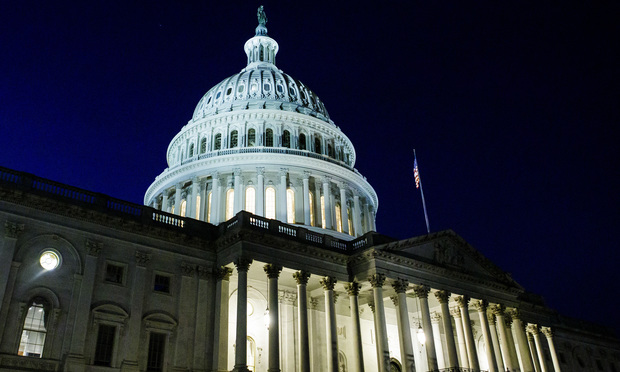Yet again, we are debating the filibuster. The majority party, which does not have the supermajority—60 votes—it needs to legislate, argues that the filibuster impedes majority rule and precludes effective legislation, while the minority party argues that the filibuster promotes bipartisanship and avoids hasty decision-making. When the parties reverse their relative positions in the Senate, their arguments predictably reverse as well.
These debates ignore the most important argument of all: all of this was considered by the framers in drafting the U.S. Constitution, and the Constitution comes down squarely on one side of the issue. The Constitution is governed by the principle of majority rule. The filibuster—which appears nowhere in the Constitution—violates that principle. Unfortunately, only the U.S. Senate, and not the courts, can correct that.
 Gregory L. Diskant of Patterson Belknap Webb & Tyler. Courtesy photo.
Gregory L. Diskant of Patterson Belknap Webb & Tyler. Courtesy photo.


 The U.S. Capitol building in Washington, D.C., on Dec. 12, 2019. Credit: Diego M. Radzinschi / ALM
The U.S. Capitol building in Washington, D.C., on Dec. 12, 2019. Credit: Diego M. Radzinschi / ALM





